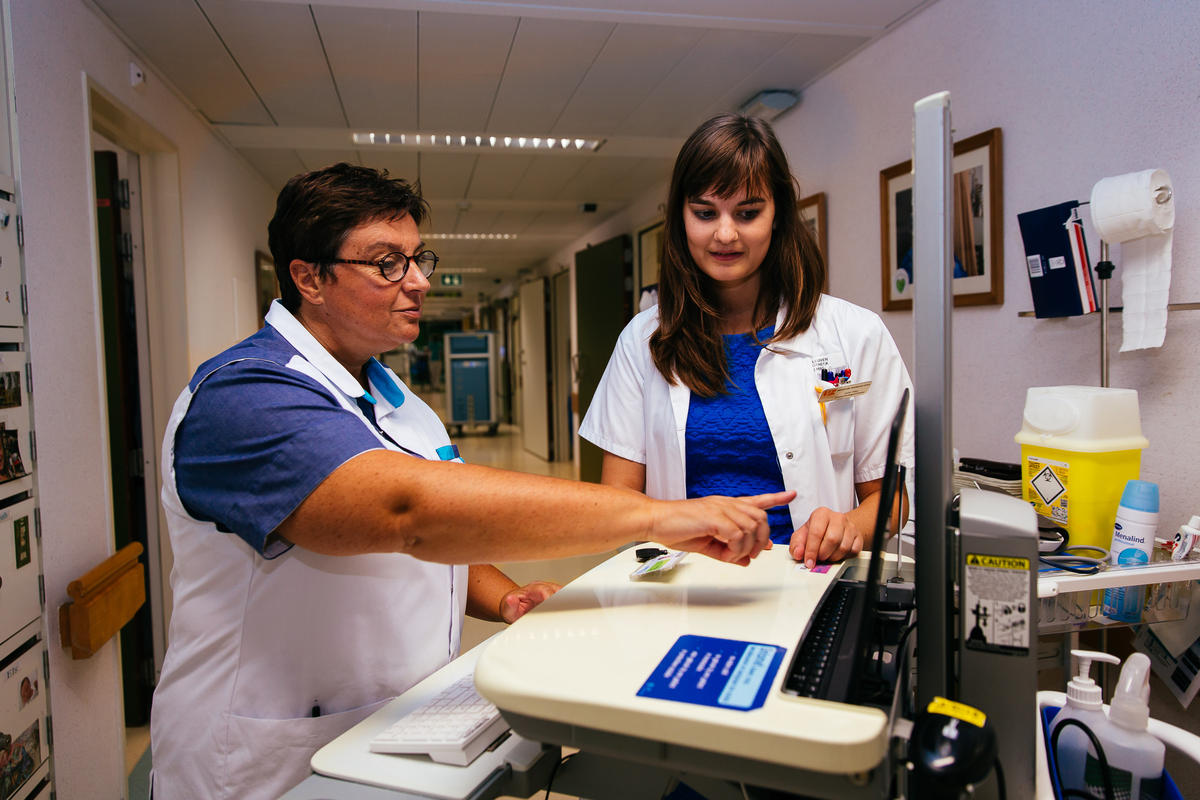Section 5, dealing with Patient Safety and Quality Assurance probably the most important of all the Sections in respect of the clinical care patients receive when taken with the Hipocratic oath, ‘first do no harm’.
Section 4, dealing with clinical pharmacy practice addresses the relationship between hospital pharmacists and the multidisciplinary teams, normally led by doctors, they work within. The primary goal is the responsible use of medicines and Statements form the guide to ensuring hospital pharmacy play its part.
The availability of a formulary together with the presence of a Drug & Therapeutic Committee assists with the very difficult task of addressing antimicrobial resistance.
While the use of a formulary is best practice, the individual clinical needs of patients cannot always be met. It is therefore important that there is scope to use medicines that are not in the formulary. Where such medicines need to be prepared for the individual patient it is important that the medicine is appropriately quality assured. Patients need information about the medicines being recommended to them, this is particularly important where medicines are being used outside of their marketing authorisation.
Ensuring the right information concerning patient care is available where and when it is needed requires the development of information and communication technology that addresses medicines use on a multidisciplinary basis and ideally shares information across care settings Statement.
Hazardous medicines need to be managed effectively to protect the health of doctors and dentists. Also, given the potential risks associated with parenteral medicines generally all doctors and dentists need to be supported when administering such medicines.

The 44 European Statements of Hospital Pharmacy cover the full range of services provided from hospital pharmacies across Europe. However, not all hospital pharmacies provide all the services covered by the Statements. This does mean that some Statements have greater importance than others for some hospital pharmacies.
The same is true for Stakeholders, some Statements will appear to have greater relevance than others. Stakeholders are encouraged to examine all the Statements for relevance to them. However, what is provided below are links to either sections of the Statements or the individual Statements where there is believed to be greater relevance. The choices have been driven through comments received from the various Stakeholders.
























